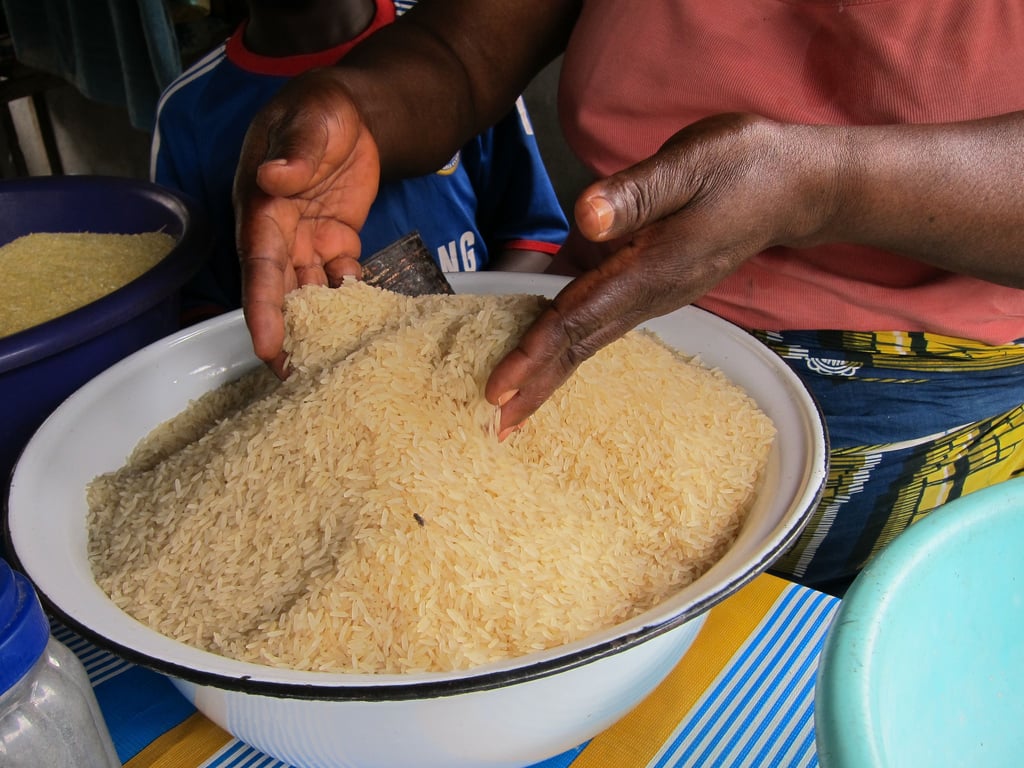“The amount of food lost along the food supply chain should be reduced as a way of reducing wastage within the food production system and also as a way dealing with global food insecurity,” Joseph Alcamo, chief scientist at the UN Environment Programme (UNEP), told IRIN.
According to a new report, Avoiding Future Famines: Strengthening the Ecological Basis of Food Security through Sustainable Food Systems, released by UNEP, the International Fund for Agriculture, the World Bank, and the World Food Programme, an estimated 1.3 billion tons of food produced for human consumption is lost annually.
In developing countries, an estimated 40 percent of food is lost due to inadequate infrastructure for food processing, storage and cooling.
“There is need to promote initiatives such as localized development of storage facilities among smallholders in developing countries to reduce loss at the point of production. In developing nations, most loss occurs at the front end of the food supply chain,” Alcamo said.
In East Africa, for instance, post-harvest losses for maize, the region’s staple, is estimated to be between 5 and 35 percent, while in Asia, there is a 10 to 25 percent post-harvest loss of rice.
Sally Kosgey, Kenya’s Agriculture Minister, said lack of transport to markets and inadequate storage facilities have led to massive losses of food in the farms.
“We are in a dilemma when it rains and also during drought. Both scenarios rob us of food because our farmers lose massive amounts of food during rainy seasons because impassable roads during rainy seasons mean they cannot transport them from the farms or to the markets,” she said.
The report recommends, among other things, organizing small-scale farmers in order to help them scale-up their production by sharing transportation, storage, cooling and marketing facilities. Other measures include the developing knowledge of stakeholders involved in food production to minimize losses associated with disposal of expired foods.
“The world will not end famines by promoting green or environmentally friendly agriculture alone. We must look also look at the ecological aspects of food production,” Alcamo added.
ko/rz
This article was produced by IRIN News while it was part of the United Nations Office for the Coordination of Humanitarian Affairs. Please send queries on copyright or liability to the UN. For more information: https://shop.un.org/rights-permissions





